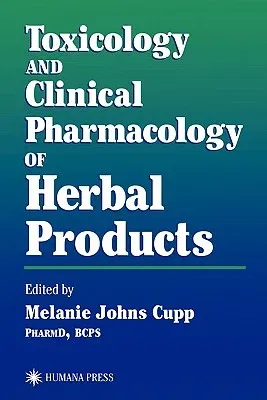The herbai medicine industry is growing at an astounding rate. Trade
group estimates suggest that total sales exceeded $4 billion dollars in
1999. Herbai remedies are for sale not just in health food stores, but
in supermar- kets, drug stores, and even discount warehouses. Along with
the proliferation in sales has come a proliferation ofinformation
sources. Not all ofthe sources are equally reliable, or even
intelligible. Traditional herbalists c1assify thistle and mugwort as
"cholagogues," substances used to make the gallbladder con- tract and
release bile. Medical school graduates are unlikely to have ever heard
the term, or even accept the notion that most right-sided abdominal pain
is a result of diminished bile flow. Heroin and cocaine may not be the
only drugs to come from plants, but a practicing physician or
toxicologist might be forgiven for thinking so. In 1998, 1264 papers
were published about cocaine and only 17 about kava kava, an abused herb
that is not without toxic side effects. Unfortunately, the majority of
the papers about kava kava were published in journals not found in ordi-
nary hospitallibraries. In recognition ofthis fact, and ofthe obvious
need for a reliable reference work on herbai toxicology, The Toxicology
and Clinical Pharmacology 0/ Herbal Products was an early addition to
our new series in Forensie Science and Medicine. It is very badly
needed.

